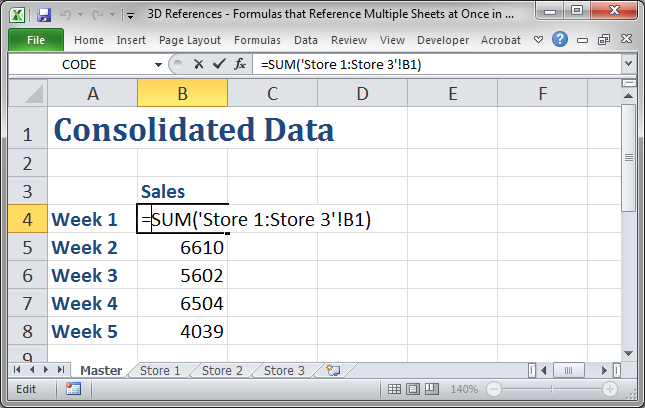5 Simple Ways to Link Excel Sheets Quickly

🚫 Note: This guide focuses on Microsoft Excel 2016 and onwards. Instructions may differ slightly for older versions.
Method 1: Using Paste Link

The simplest and quickest way to link Excel sheets together is by using the Paste Link feature. Here’s how you do it:
- Copy the range of cells you want to link from your source sheet.
- Go to the destination sheet where you want the link to appear.
- Right-click and select ‘Paste Link’ from the Paste options. This will create a dynamic link to the original data, meaning any changes made in the source will reflect in the linked cells.
Method 2: External Reference Links

If you need to reference data from an entirely different workbook, external reference links are your go-to solution:
- Open both workbooks you’re linking between.
- In the destination workbook, type an equal sign (=) followed by the open square bracket ([).
- Switch to the source workbook, select the worksheet and cell you want to link, then press Enter. The formula in your destination cell should look like this: =[‘SourceWorkbook.xlsx’]Sheet1!A1.
💡 Note: Remember to keep the source workbook open while using external references, or update them periodically to avoid #REF! errors.
Method 3: 3D Reference Links

3D references allow you to refer to the same cell or range across multiple sheets within the same workbook:
- Select the range of cells across multiple sheets. For instance, hold the Shift key and click on the sheets you want to include.
- In the formula bar, type the 3D reference like this: =SUM(Sheet1:Sheet3!A1).
This formula will sum up cell A1 from Sheet1 through Sheet3. The beauty of 3D references is their versatility, allowing for summary reports or combined datasets across sheets.
Method 4: Data Consolidation

If you need to combine data from multiple sheets into one for analysis, data consolidation is an effective method:
- On a new sheet, go to Data > Consolidate from the Ribbon.
- Choose the function you want to apply (like Sum, Average, etc.), then add the ranges from different sheets you want to consolidate.
- Ensure to select ‘Link to source data’ to create dynamic links.
| Consolidate Option | Description |
|---|---|
| Link to Source | Creates links that update when source data changes |
| Use labels | Uses row and column labels to identify and organize data |

Method 5: Creating Named Ranges

Named ranges are an advanced way to link Excel sheets, offering ease of use and clarity:
- Select the range you want to name in the source sheet.
- Go to the Name Box (left of the formula bar) and type in a name. For example: SalesData.
- Now, when you want to link to this range from another sheet, you can simply use the name in your formula, like: =SalesData.
This method not only simplifies formulas but also makes your workbook more manageable.
Linking Excel sheets can transform your data management tasks from cumbersome to streamlined, enabling better analysis and reporting. Each method offers its unique advantages:
- Paste Link provides simplicity and immediate updates.
- External references are great for integrating data from different workbooks.
- 3D references make summary sheets across multiple sheets efficient.
- Data consolidation helps in consolidating data from various sources.
- Named ranges offer a structured and easy-to-read method for referencing data.
By mastering these techniques, you'll not only save time but also enhance the accuracy and depth of your data analysis in Excel.
How do I update links to external files?

+
Go to Data > Edit Links, and you can update or change the source for your external links. Remember, if the source file location changes, you’ll need to update these links manually.
Can I link data from sheets in different Excel files?

+
Yes, with external references, you can link data from different Excel files. Keep in mind that for automatic updates, both files need to be open.
What happens if a linked cell is deleted?

+
If a cell you’ve linked to is deleted, the link will show as #REF! error, indicating the reference is no longer valid.